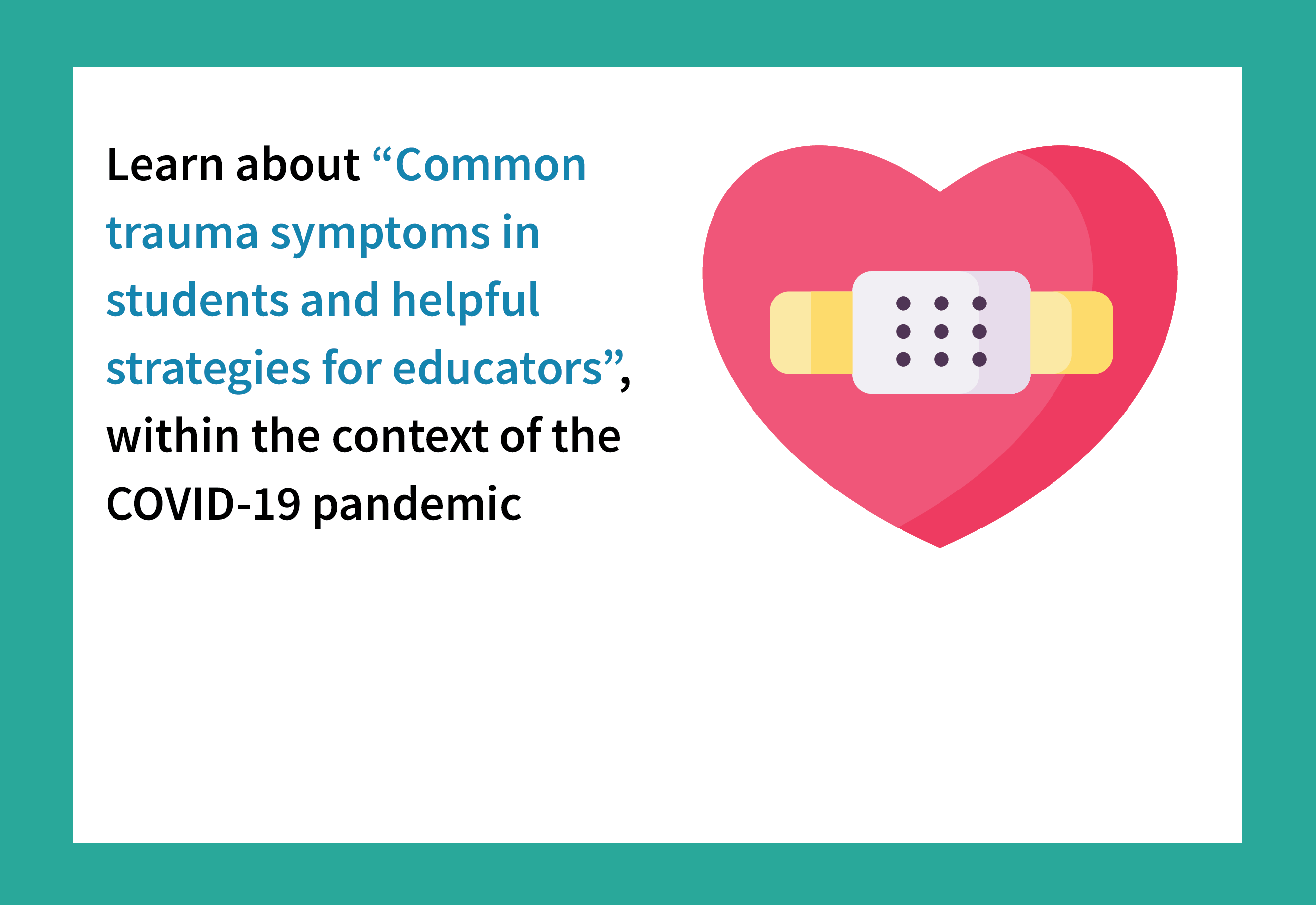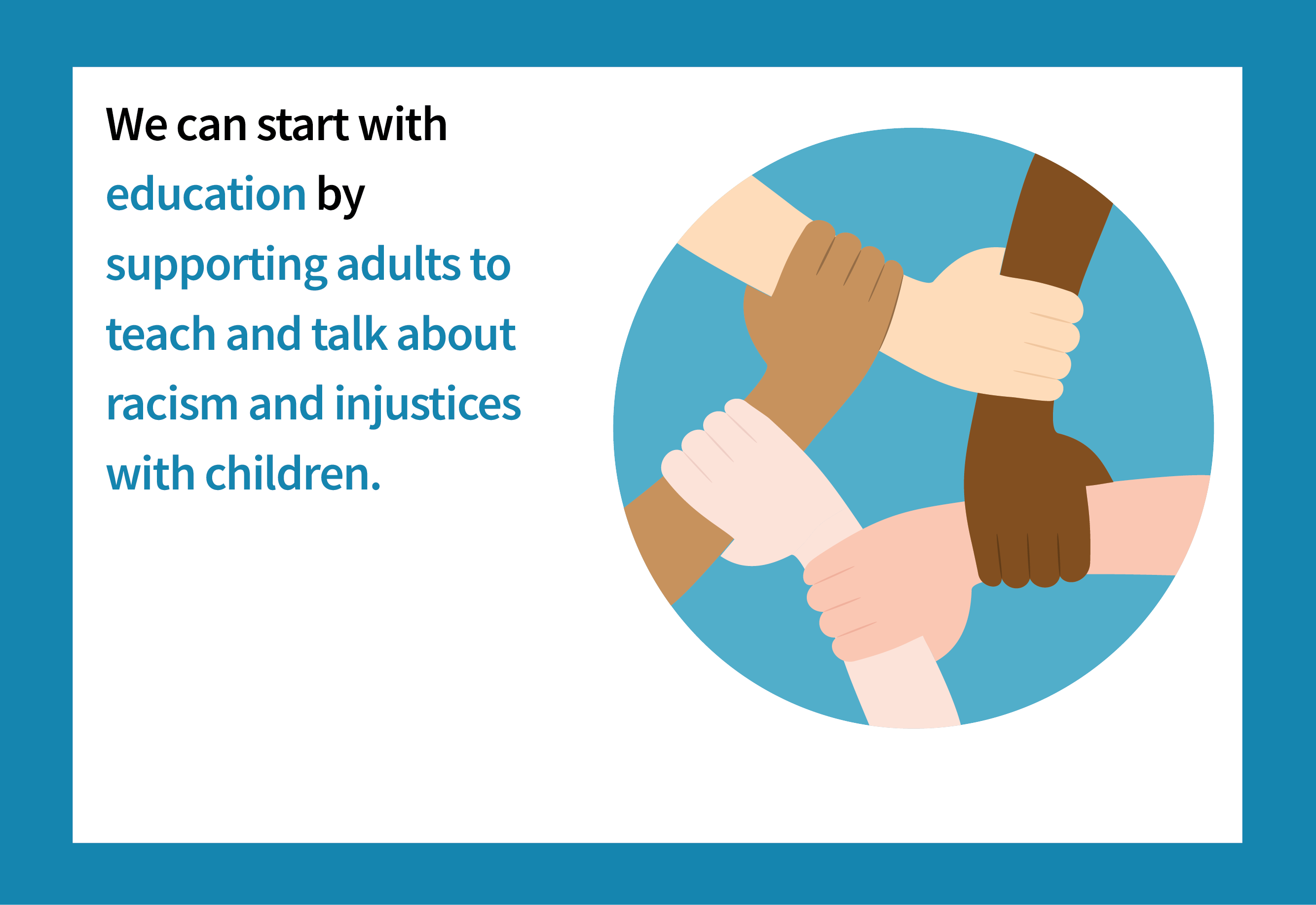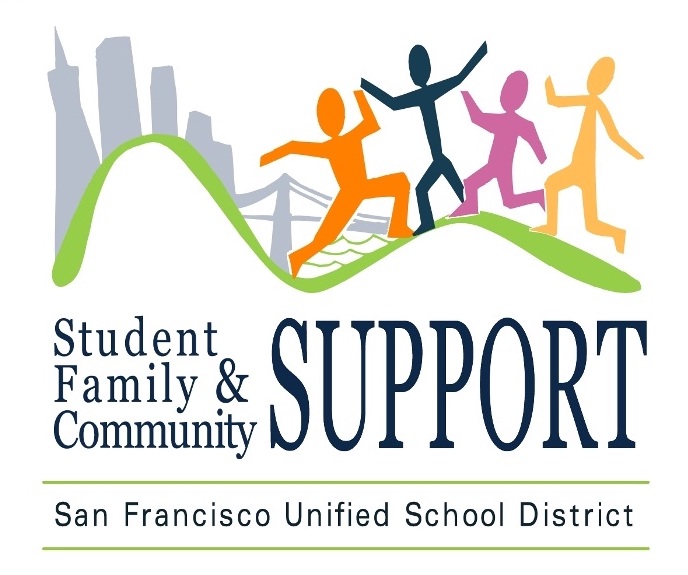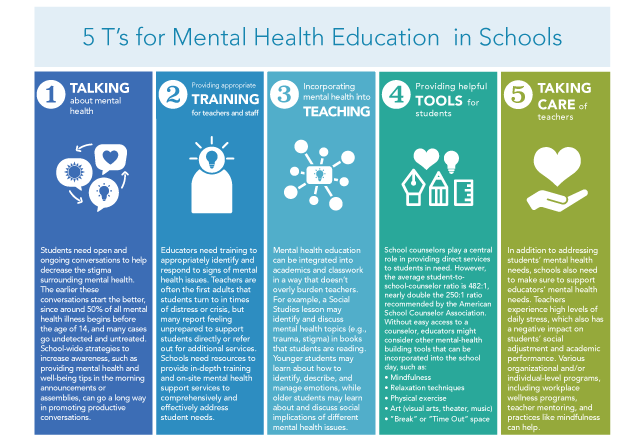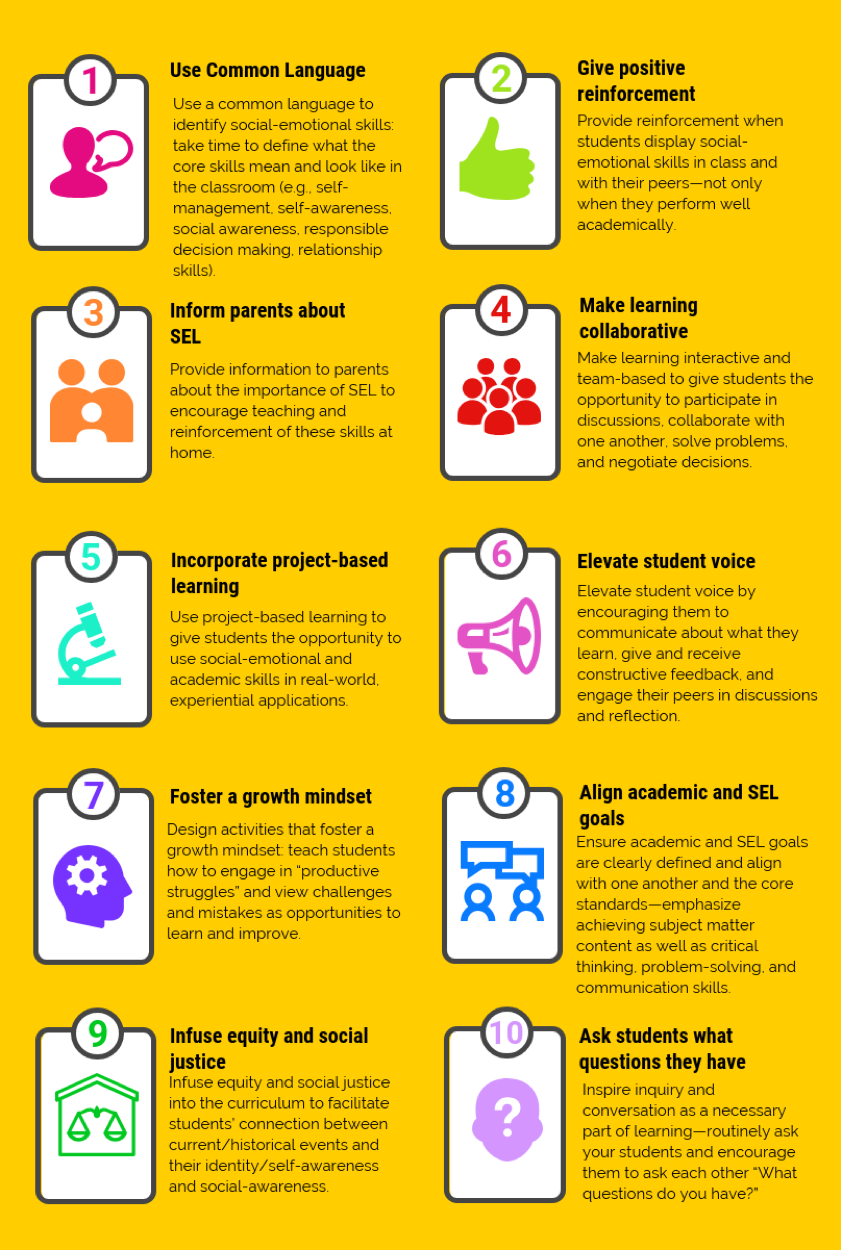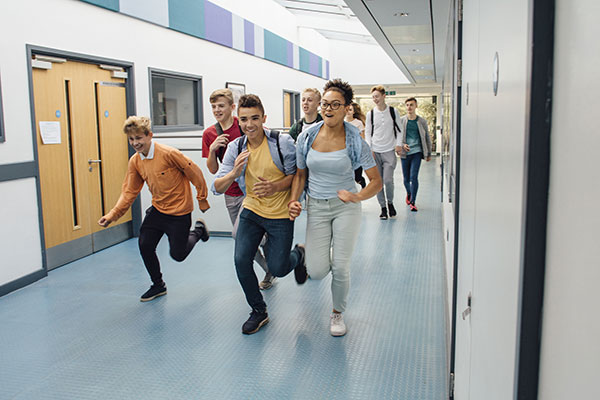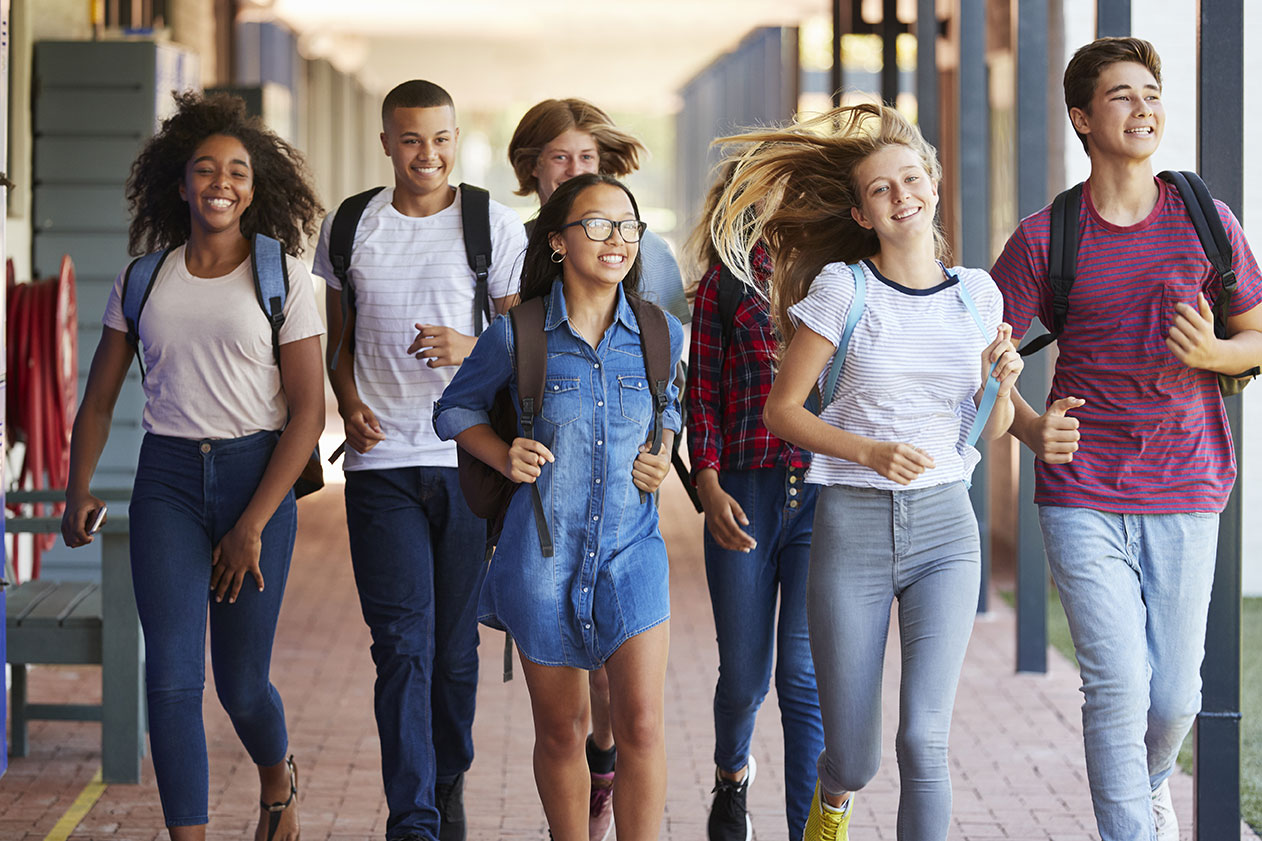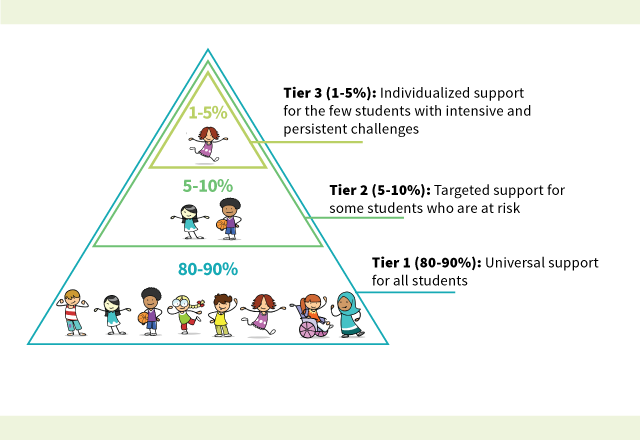This story from the National Child Traumatic Stress Network (NCTSN) helps young children and families talk about their experiences and feelings related to COVID-19 and the need to shelter in place. In the story, the coronavirus has spread to Littletown causing changes in everyone’s lives. The story opens doors to conversations about COVID-19, ways that … Continue reading Trinka and Sam Fighting the Big Virus: Trinka, Sam, and Littletown Work Together (NCTSN)
Our Student Behavior Blog team at SRI Education is deeply heartbroken and outraged by the racism, brutality, and hatred that plague Black children, families, and individuals, not only with regard to recent events, but with recognition that these are pervasive issues they face in every moment of their lives. Consistent with our mission statement, we continue to strive to think about how we can conduct research, use data, and develop tools in meaningful ways that will reduce barriers and promote equity for students across our nation who continue to experience these longstanding injustices.
Jennifer Donahue is a program administrator at the San Francisco Unified School District’s Student, Family and Community Support Department and has been a close partner of SRI’s Behavior Research team for many years. We recently interviewed Jennifer on what her experience has been and being involved in a researcher-practitioner partnership has benefited her programs.
Multi-tiered systems of support (MTSS) typically include school-wide or universal support (tier 1), targeted interventions for at-risk students (tier 2), and individualized services for students with intensive needs (tier 3). Read our post for more information about multi-tiered frameworks. MTSS have been increasingly adopted across schools in the U.S. and show promising social-emotional, behavioral, and … Continue reading Questions to ask before implementing a school-wide program
Mental health is a critical part of students’ overall health and well-being. Students today face a range of demands that can impact their mental health. From meeting high academic expectations to navigating the world of social media to maintaining relationships with their peers, students often have busy schedules that result in a lack of sleep … Continue reading How can we incorporate mental health education into schools? Consider the 5 T’s.
Although most teachers recognize the importance of teaching social-emotional skills, many are also concerned about having time to fulfill their other responsibilities. Here we highlight one approach to teaching social-emotional skills in the classroom: incorporating social-emotional learning (SEL) into everyday academic instruction.
Students learn best when a school establishes clear and consistent school-wide expectations for behavior. Establishing school-wide rules and routines can help prevent challenging behavior or negative incidents from occurring in the first place. Foundations is one example of a program that addresses school climate and safety by promoting positive discipline policies.
Research has shown that a positive school climate is greatly beneficial for both students and educators. A positive school climate includes three main components: Engagement, Safety, and Environment. School climate measures can help educators, parents, and the community understand perceptions, set appropriate goals, identify priorities, and make decisions.

